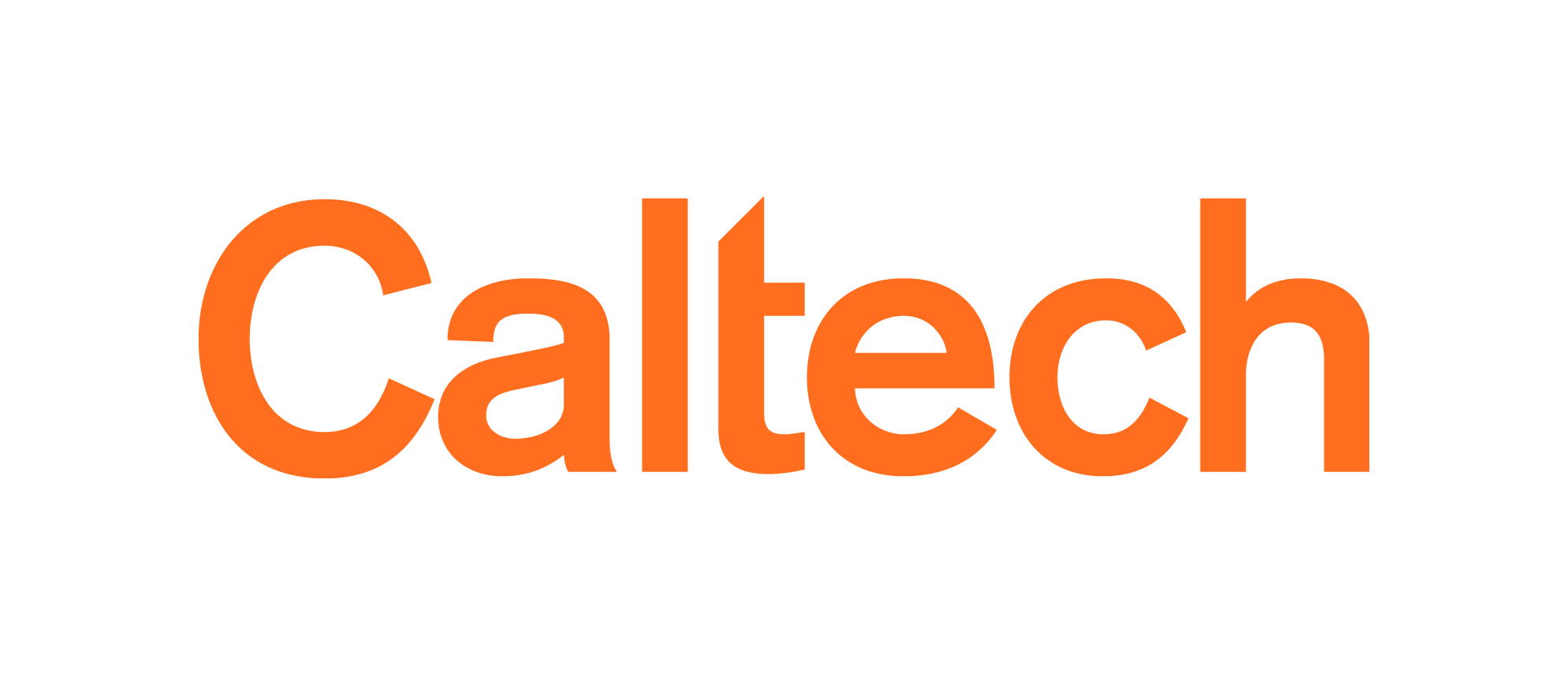Welcome to Elementary Science Olympiad
-
Elementary Science Olympiad (Division A) is the part of the Science Olympiad program designed for elementary school students, especially in 4th - 6th grades. The Elementary Science Olympiad is arranged to encourage collaboration, team spirit, and enthusiasm for science, technology, engineering, and mathematics (STEM). The success of the students as they participate in individual events contributes to the overall score of the entire team.
In Elementary Science Olympiad, there are 15 events for a team of up to fifteen student participants. It should be noted that many of the events change from year to year as they align with the changes in the middle school and high school Science Olympiad events for that year. In some cases, the same event is included several years in a row, but the emphasis and content of the event may change. As a result, scoring will be different from year to year.
In order to attend a Science Olympiad tournament, teams must have a head coach approved by the school, submit the online registration form, pay any membership dues, and depending on the tournament site, submit proof of insurance (a certificate of insurance). More information can be found on the registration page, and any requirements will be sent to the head coach.
The Head Coach is an official representative of the school (usually a school teacher or district employee), and must be authorized by the school's principal to represent the school in case of a medical emergency, a scoring dispute, disciplinary action, school sanction, etc
We hope that you and your students will have fun preparing for the Science Olympiad and that your experience during the day of the tournament will be positive and memorable. Long experience has shown that if you approach the day with flexibility and a sense of fun, your students will have a great experience.
Collaboration and Team Spirit
-
Scheduling Students
A variety of events are chosen each year, and each year some new events are included while others are rotated out. Generally, there are between 15 events and most events allow a set of up to two students to participate. It is common for each student to participate in several events, but not all of them. A schedule will be prepared each year, with several events taking place at the same time. Determining which students will participate in which events is an important part of coaching a Science Olympiad team. From time to time, students who are well qualified in certain events may find that those events are scheduled at the same time. Successful teams will include a number of students who are ready to participate in many events: that is, fewer experts in one or two events and many students who are prepared in many events. -
Sustained Engagement
Competition is a motivating and exciting part of the Science Olympiad, but it is not the most significant outcome of the tournament. A keystone of the Elementary Science Olympiad is to encourage students to explore new content and engage in problem solving strategies, employing science and engineering practices. Science and engineering practices take place over time, and the Science Olympiad is designed to provide students with opportunities to explore, design, test, collect data, revise, and refine their ideas and solutions.
Events
-
There are four main categories of events: Content Events, Engineering and Design Construction Events, Engineering and Design Preparation Events, and Inquiry and Problem Solving Events. The events for this year can be found here.
-
Content Events
A number of the events ask students to learn about a topic or content area in preparation for a test or practical assessment. These events may cover a wide range of content. A detailed list of content to study is generally not provided. The intent is to encourage students to explore the content area and learn more about it.
The event might include a written test, questions posed in a PowerPoint presentation, or stations where students observe or manipulate materials and respond to questions. Some Content Events might include stations where samples are included at each station with question(s) about each sample. Students record responses at each station and rotate as the Event Supervisor calls time. There might be only a minute or two at each station. Other Content Events might include models or photos, drawings, or diagrams at each station. Students might be asked to identify the model/drawing and answer a few questions. These questions will likely include applications of what the students know. There may be more questions than students can answer in the allotted time.
The events are designed to encourage collaboration and allow multiple students to participate together - most often two students, but in some cases three or more. When an event is listed as "up to two students," it is also acceptable to send only one. Check the event description and schedule for details. Students discuss each station or question together quietly and collaborate to produce a response or answer - one response sheet per team.
Ways to Prepare:- Inform the students that most events allow multiple students to collaborate in response to the problems and questions, but that one response sheet will be submitted for the team. This approach may be unfamiliar to students who are accustomed to submitting individual work.
- Provide opportunities for students to collaborate on problems and be assessed based on collaborative work.
- Provide opportunities for students to manage time in a problem solving setting, making decisions as they go.
- Help students to understand that they may not be able to finish all the questions and that all teams are in the same circumstances.
- Provide time, opportunity, and materials for students to explore new content areas. Help them to organize new information and ideas, take notes, and look for big ideas that connect information and details.
-
Engineering and Design Construction Events
A number of events ask students to complete a design challenge and construct a device according to announced specifications that they will bring to the Science Olympiad in order to compete.
These events might include detailed construction parameters that must be followed closely. Failure to remain within the specifications and the spirit of the event may result in being ranked below teams who followed it. These events often require creativity within a range of limiting factors. The design challenge is to design, build, test, revise, etc. until the best solution is found within the limitations of the specifications.
In some events, devices must be impounded before the competition, meaning they are delivered to Event Supervisors during the impound period before the event begins. Students may not touch the device until shortly before their competition time.
Some of the construction events include preparation for a range of conditions. For example, the event may specify that students need to be prepared for a target distance within a range of distances. The distance is not announced until after the event begins -after impound if the event includes it.
These events must be the work of the students. An adult may help the students with the construction and advise them on construction techniques and design principles. An adult may help with some of the tools that facilitate construction. But, the device should be significantly the design and work of the students. Remember that at the Science Olympiad, the students must be able to transport, set-up, calibrate, and in every way operate the device. Coaching by adults from the sidelines is not permitted.
Ways to Prepare:- Provide time, opportunity, and resources for students to brainstorm a variety of solutions to the engineering design challenge.
- Provide time, opportunity, and resources for students to learn about the science concepts related to the device. Help them organize and record what they are learning.
- If desired, students may work with a mentor or other volunteers after school hours to design, build, and test the device.
- Be sure the students understand the process of impound, or any requirements or logistics of the event that might be a challenge on the day of the Science Olympiad.
- Provide time, opportunity, and resources for students to construct, test, revise, rebuild, calibrate, and otherwise prepare as determined by the specific event. This may include preparing data sheets and other information that will help the students use the device effectively during the competition.
-
Engineering and Design Preparation Events
Some events ask students to practice skills, strategies and engineering understanding in preparation for building a structure or device when they arrive at the Science Olympiad. The specific conditions may not be known in advance. The spirit of the event is to build a device that achieves the goals while optimizing specific parameters.
Ways to Prepare:- Encourage students to be prepared for a variety of conditions.
- Help the students to be ready for uncertainty. Have them practice with a wide range of materials. Are they prepared to construct a device with different goals?
- Help the students learn to collaborate and respond to uncertainty, unforeseen problems, and frustration during the event. Perhaps they might learn about communication skills and practice working together on some unknown tasks.
- Provide opportunity for students to deal with frustration and "think on their feet." You might employ a number of activities that include problem challenges that small groups can work on together.
-
Inquiry and Problem Solving Events
Some events require students to respond to problems or discrepant observations live during the event at the Science Olympiad. These events will likely involve problems that are unique and unfamiliar to the students. In these events, students are asked to describe their ideas, how they would explore the ideas and check them, what additional information they need and how they might obtain it, and how they might discover if they are correct. Scoring in this event may emphasize science inquiry process more than correct solutions.
These events may include observing a discrepant event demonstration or may involve hands-on problem solving. Collaboration and teamwork may be emphasized.
Ways to Prepare:- Engage the class in open-ended problem solving activities, particularly discrepant events.
- Engage students in reflection on their own inquiry and problem solving strategies. Have them describe strategies that have been useful, or not. Have them identify a variety of inquiry strategies based on their practice and discussion.
- Teach communication and collaboration skills and strategies, including listening, turn taking, summarization, group roles, etc.
- Problem solving generally includes identifying variables, options, alternatives, and multiple ideas. Provide opportunity for students to learn and practice problem-solving strategies.
- As with other events, prepare the students for uncertainty.
- Written communication is often essential as students may be asked to write their ideas, solutions, related questions, etc. related to the problem.
Register Now
If you have any questions, please email director@socalscioly.org.
Got your team formed? Register now to reserve your spot in a tournament.



